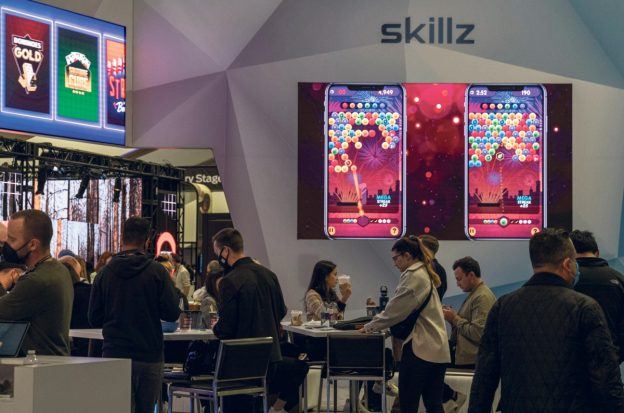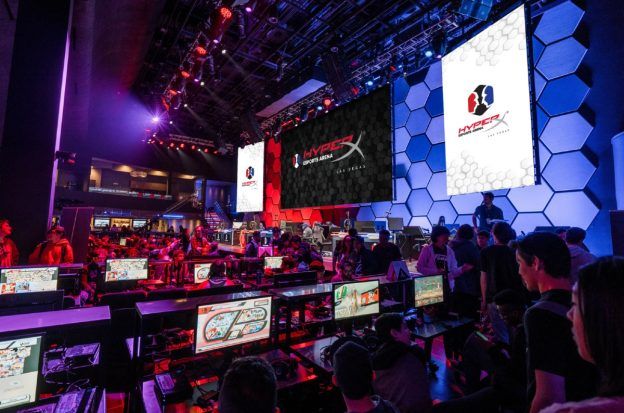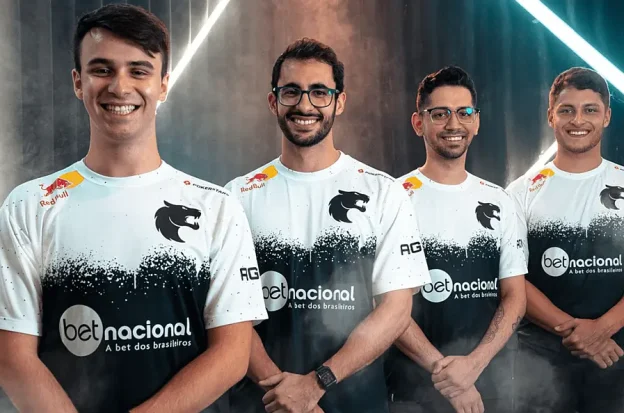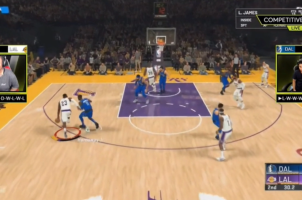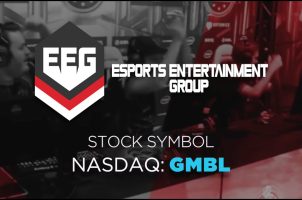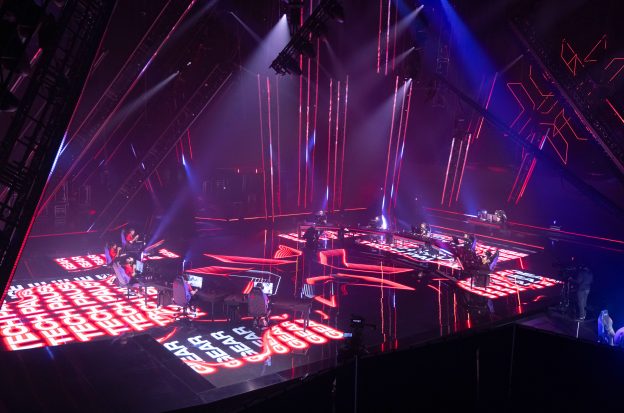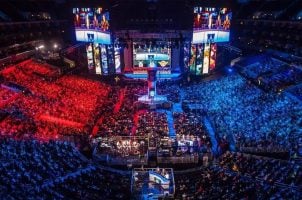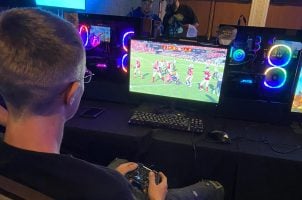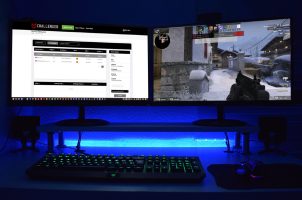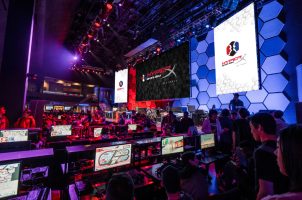eSports
Latest eSports News
Skillz v. AviaGames Lawsuit Begins Today in US Federal Court
Skillz's federal lawsuit initiated in April 2021 against rival competitor AviaGames begins its trial today in Northern California's US District Court. Skillz alleges copyright infringement on claims that AviaGames stole its technology and copied its games. The lawsuit additionally contends...
Pac-Man Game Sets Guinness World Record at Resorts World
FC Barcelona Continues to Embrace eSports With Launch Plans in Valorant
Most Read eSports
US Senator Grills FTC and Games Regulator Over Loot Boxes
‘Loot Boxes’ Not Gambling, Says US Video Games Regulator
Esports Betting Market Set to Explode to a Total Value of $12.9B by 2020
All eSports News
Nevada Sportsbooks Cleared to Offer Esports Odds Without Receiving Event Approval
Nevada sportsbooks no longer have to petition state gaming regulators on an event-by-event basis to include esports on their boards. The Nevada Gaming Commission...
PokerStars and Brazilian eSports Team Furia to Launch Exclusive Products
PokerStars has announced the upcoming launch of exclusive products in collaboration with the Brazilian eSports team, Furia. Building on a sponsorship deal initiated last...
Riot Games Rejects Expanded Betting Sponsorships in Esports — Maybe
Saudi Arabia Invests $488M in Gaming and eSports Hub
Esports Entertainment Group’s Former Boss Sues the Company
SIS to Power Single-Game Esports Content for bet365 in New Jersey
eSports Expands Through New Leagues in Latin America, Middle East
Esports Entertainment Group Closes UK Sites, Analyst Pulls Coverage
Brazil’s Video Games, Daily Fantasy Sports, eSports Could Win ‘Industry’ Tag
Esports Valorant Champions Tournament 2023 Now Has All 30 Teams in Place
With the 2022 Valorant Champions Tour (VCT) season finale in Istanbul, an era within Riot Games' competitive shooter game ended. The eSports competition wrapped...
